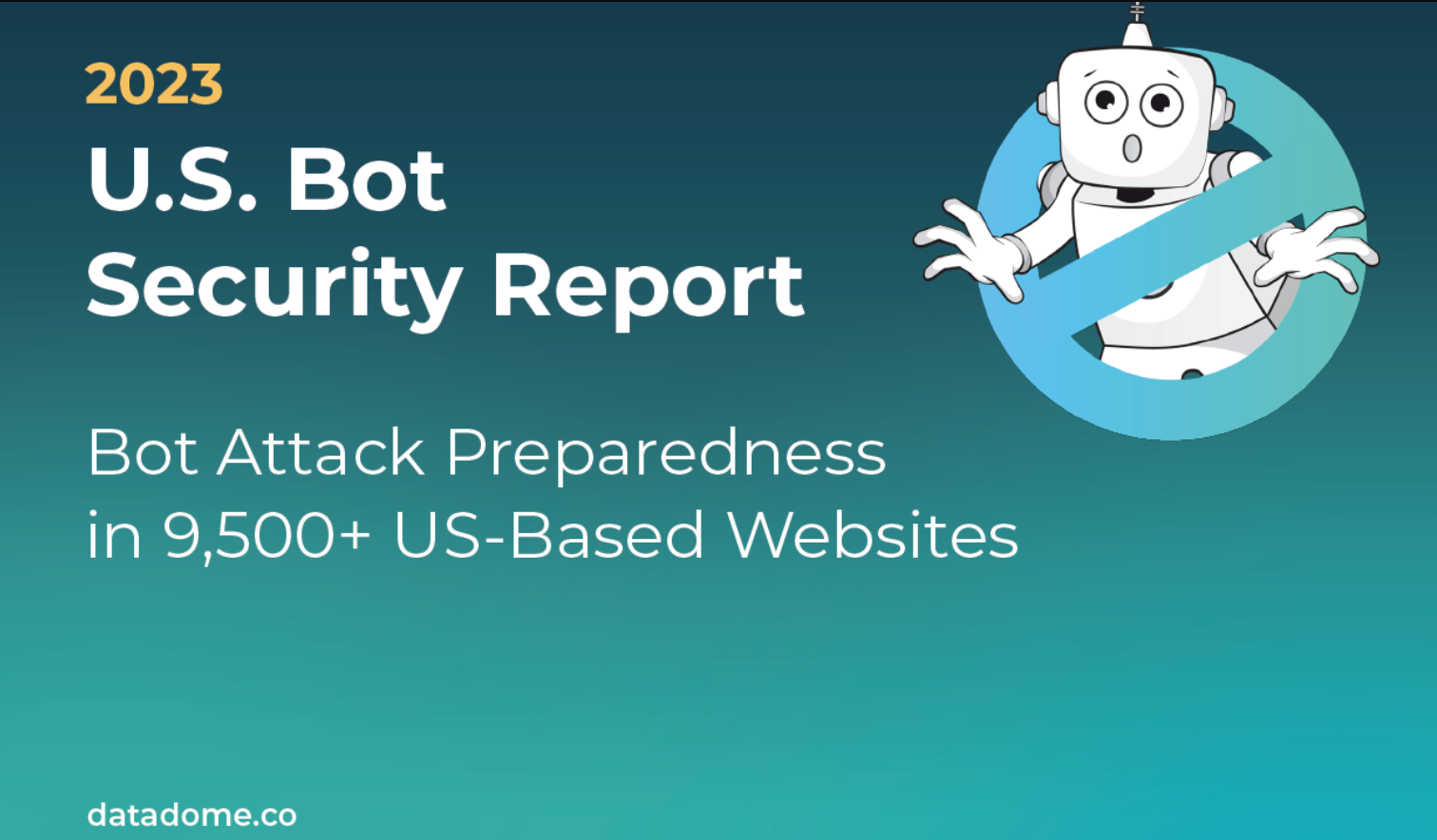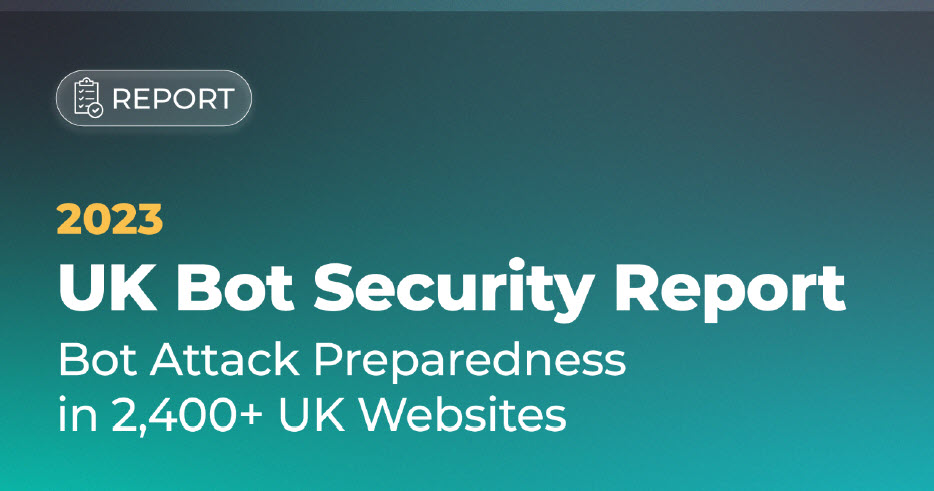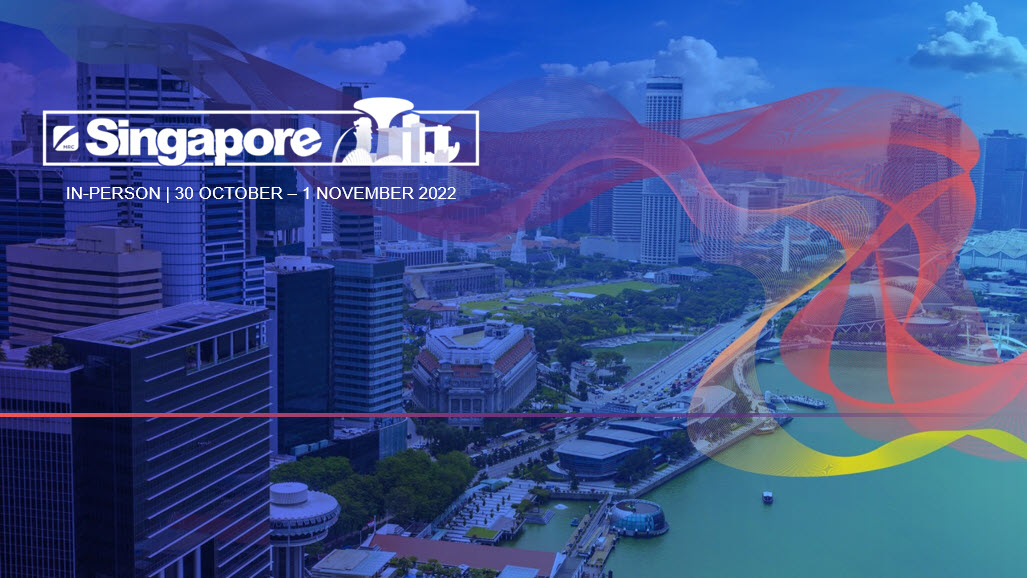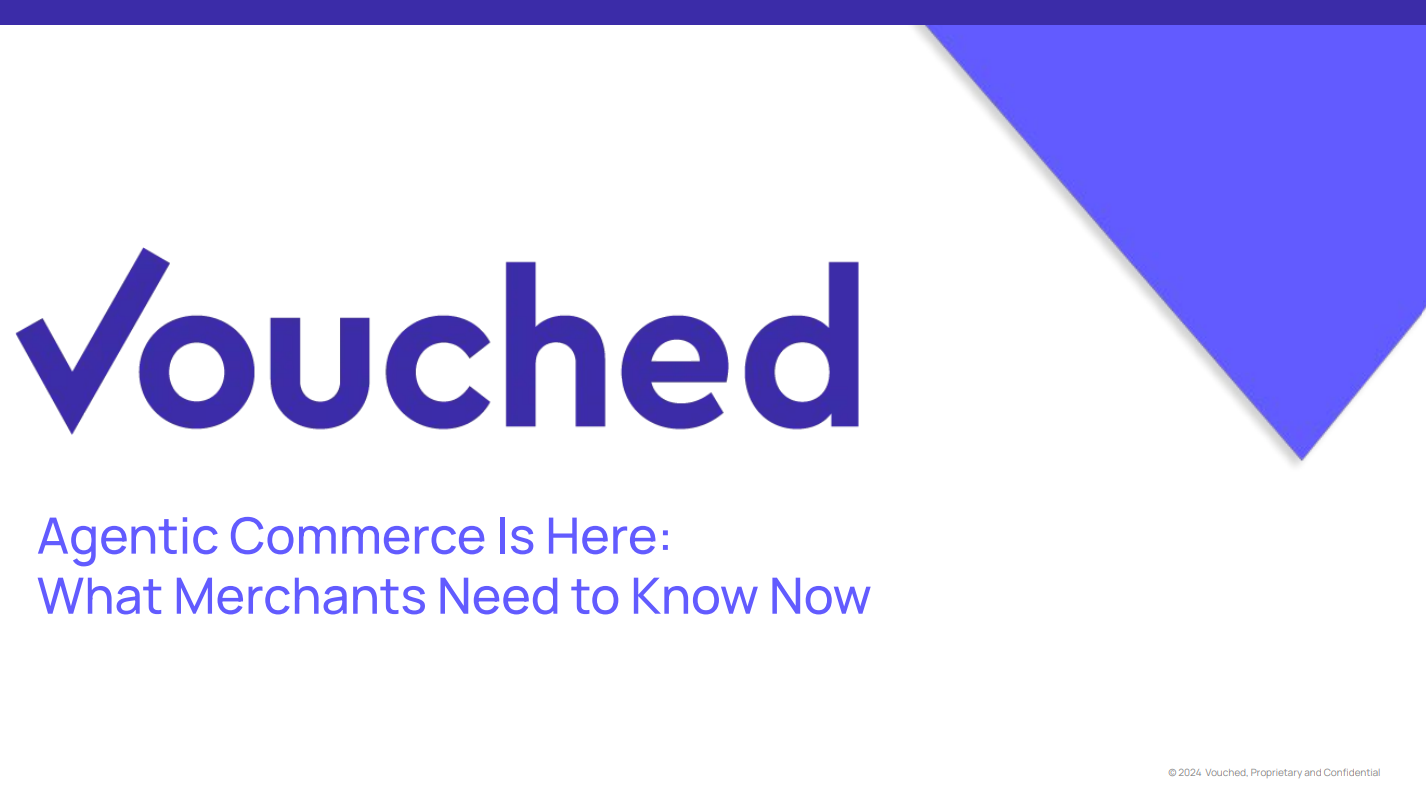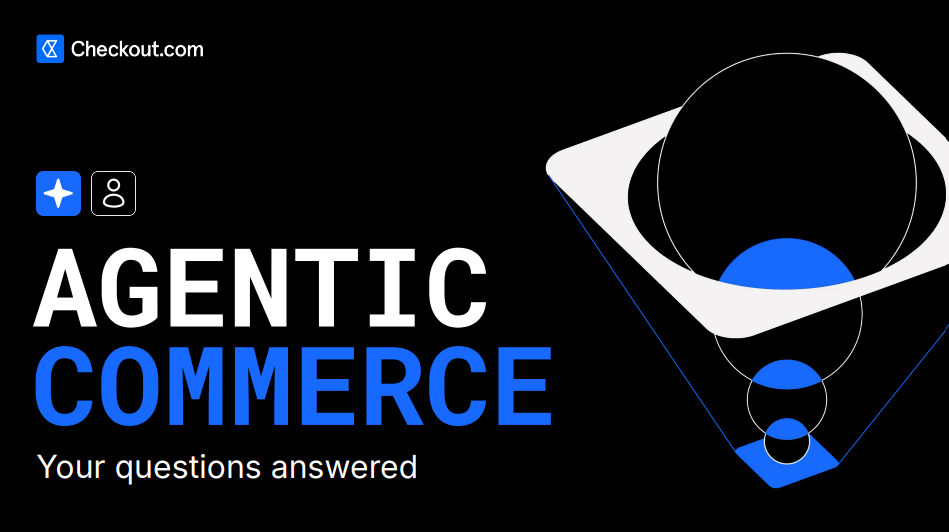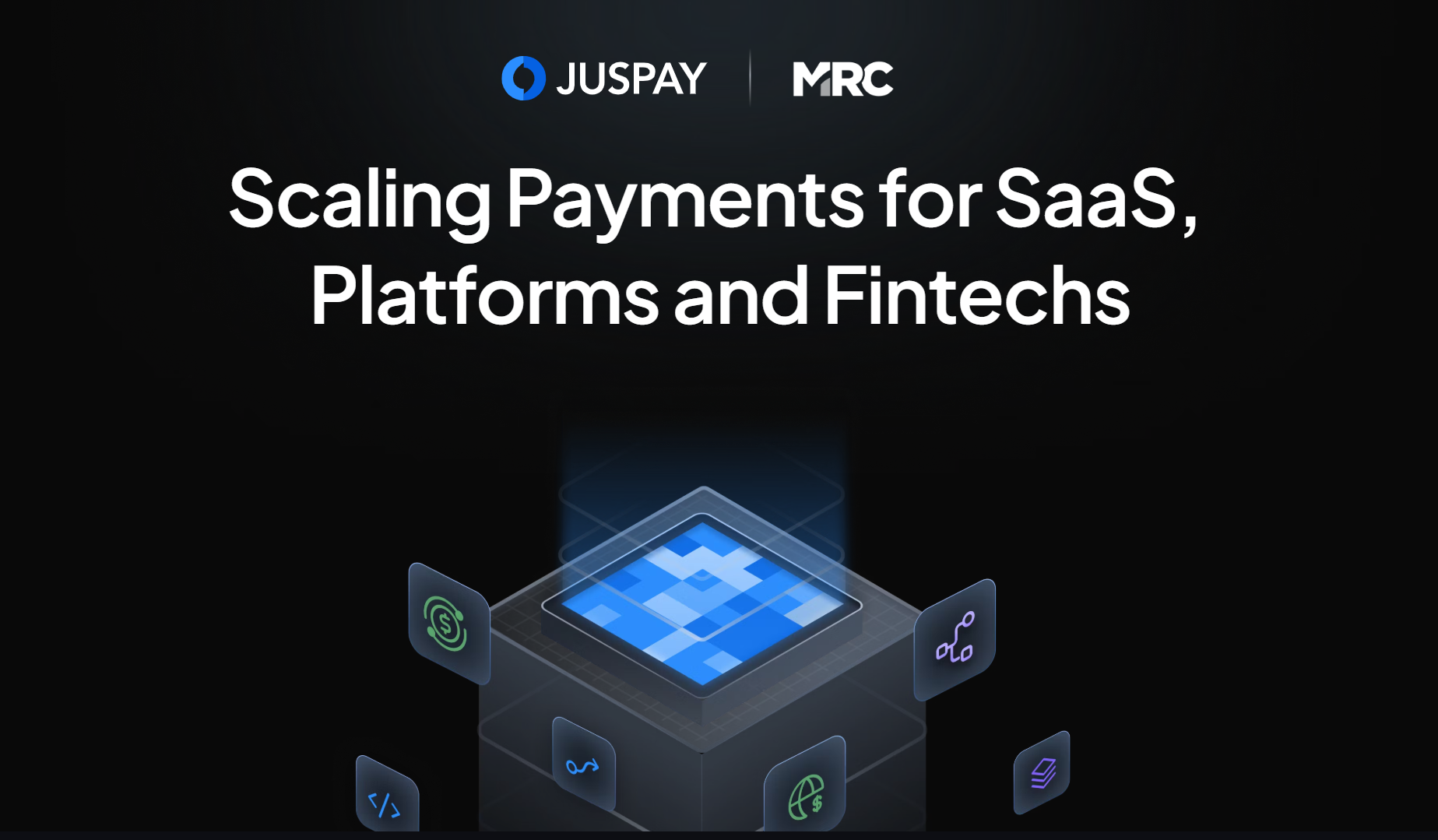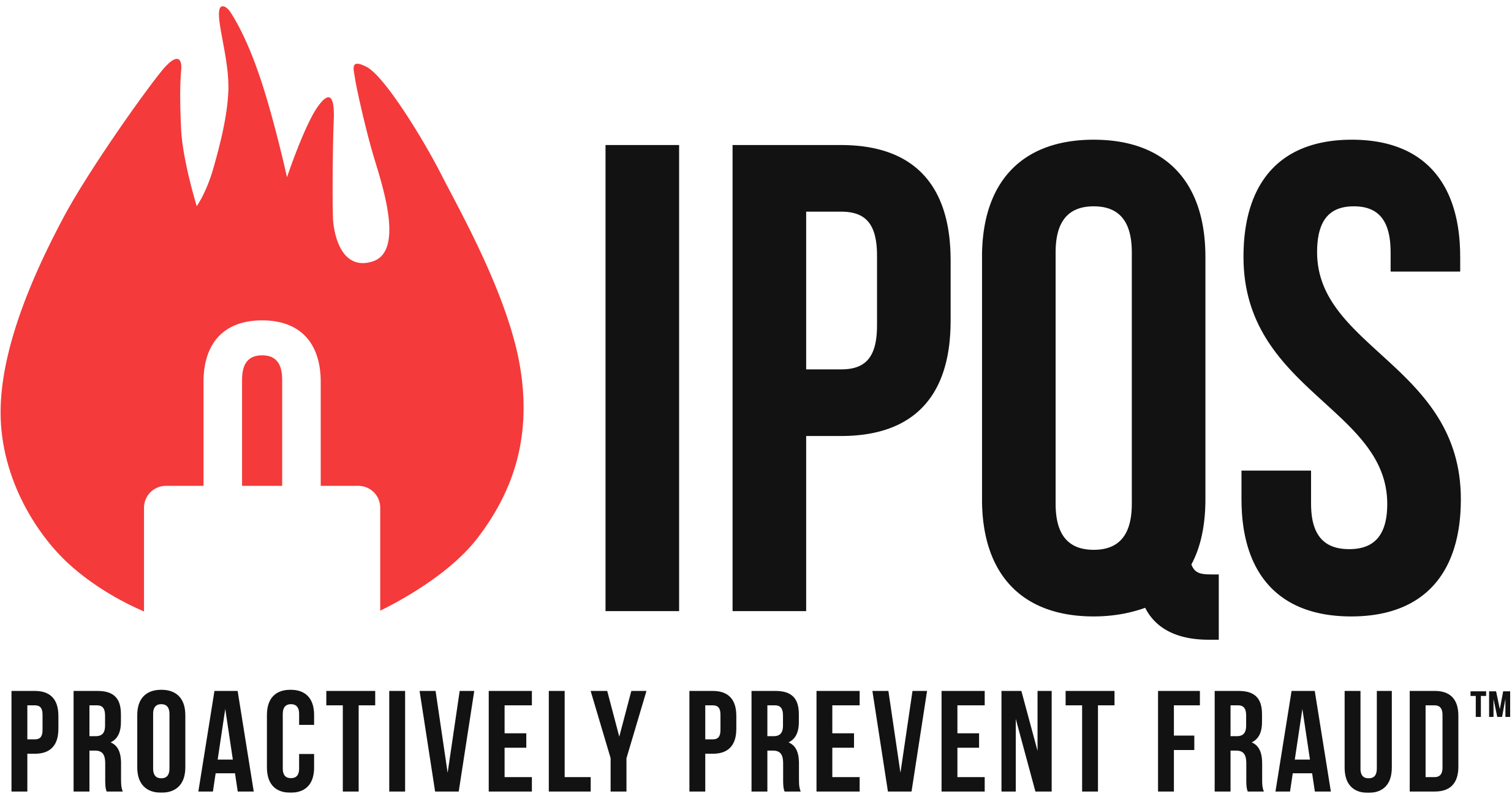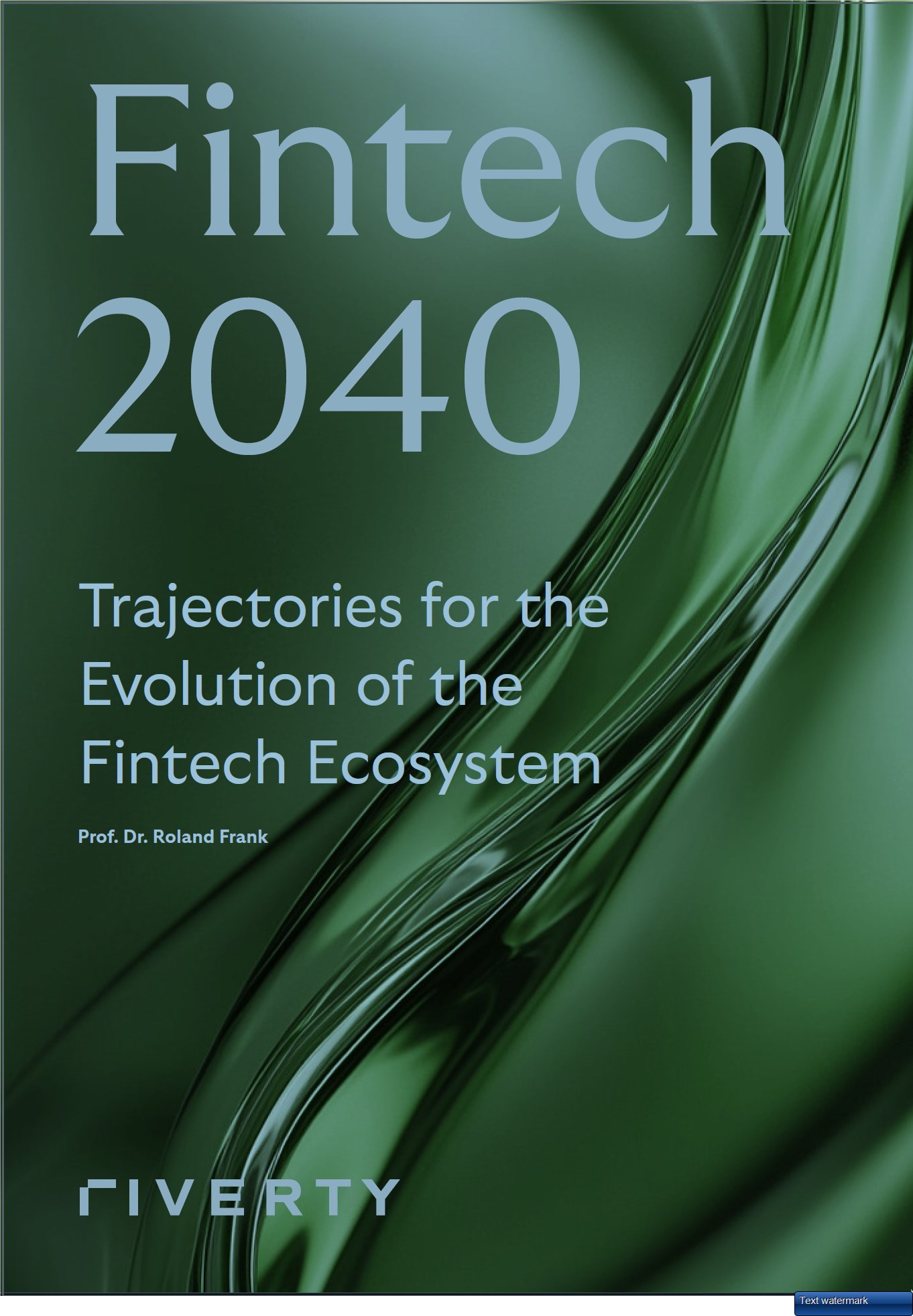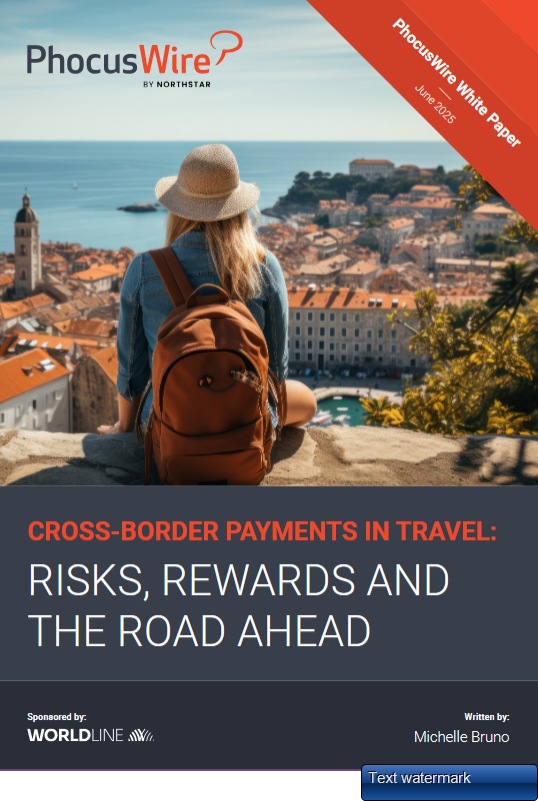First-Party Fraud: What It Is, and What It Isn’t
The fraud prevention industry is peppered with hundreds of vendors who mainly solve for third-party identity theft fraud. Some vendors branch out into synthetic fraud, including manipulated or fabricated identities, yet very few vendors tackle first-party fraud. First-party fraud is defined as the use of one’s own identity to open an account and use it to commit a dishonest act for personal or financial gain. It remains an elusive problem because there are no consumer victims in chargebacks, disputes, or overdraft fraud. Moreover, when it comes to the granular semantics of first-party fraud, different opinions start to clout the agreed-upon definition, making it difficult to classify, pinpoint, and ultimately combat these dishonest acts.
Join this session to hear from industry experts about: Where do manipulated identity or rewards gaming abuse fall on the spectrum between first-party and synthetic fraud? How do these categorizations differ by industry? In what ways do our assumptions around these semantics turn into ineffective proxies for first-party fraud? How can we differentiate between a consumer’s intent to commit a dishonest act, versus a consumer who was manipulated into a dishonest act, versus a consumer making an honest mistake?
The key is context. We need to understand a consumer’s act in context of other financial decisions they’ve made across various life stages, across different financial institutions, and across various economic environments. Behavioral anomalies across time and space will serve as better proxies in determining whether a consumer is a true first-party fraudster or whether new socio-economic conditions or happenstance interactions with malicious actors have resulted in a first-party-like occurrence.
In order to achieve this level of context, a multi-industry data consortium is required. Consumer transactional behavior can then be analyzed across the financial ecosystem, over time, to correlate actions with true first-party fraud and to promote an ecosystem of trust.
Some content is hidden, to be able to see it login here Login





